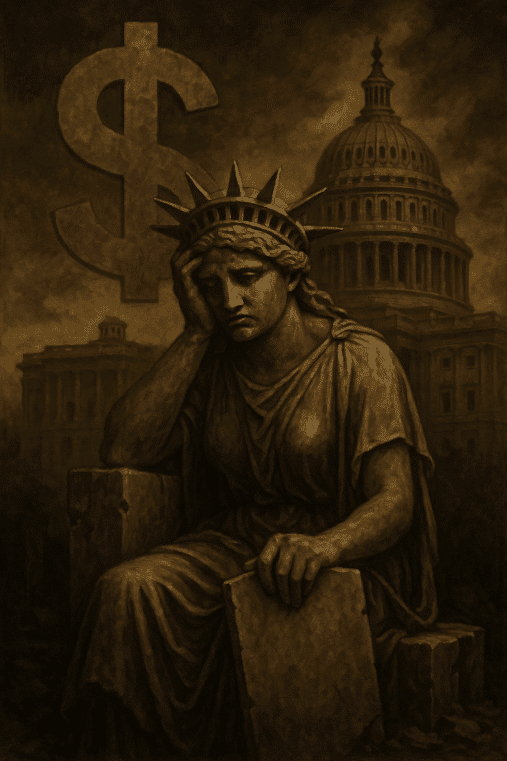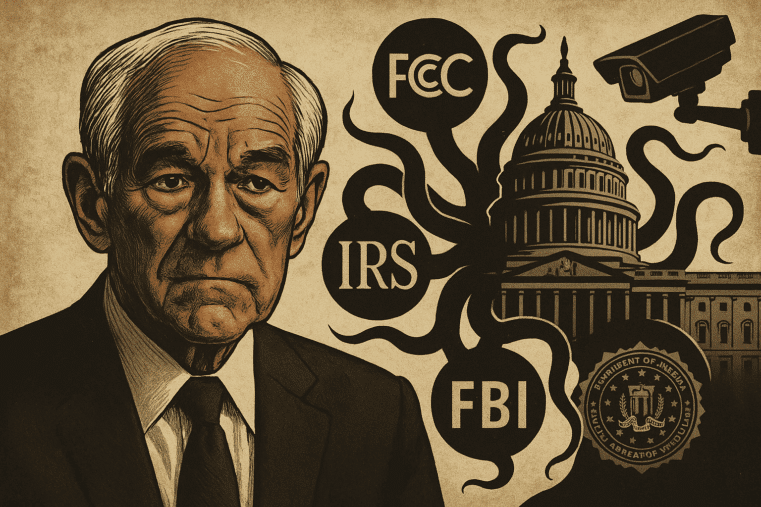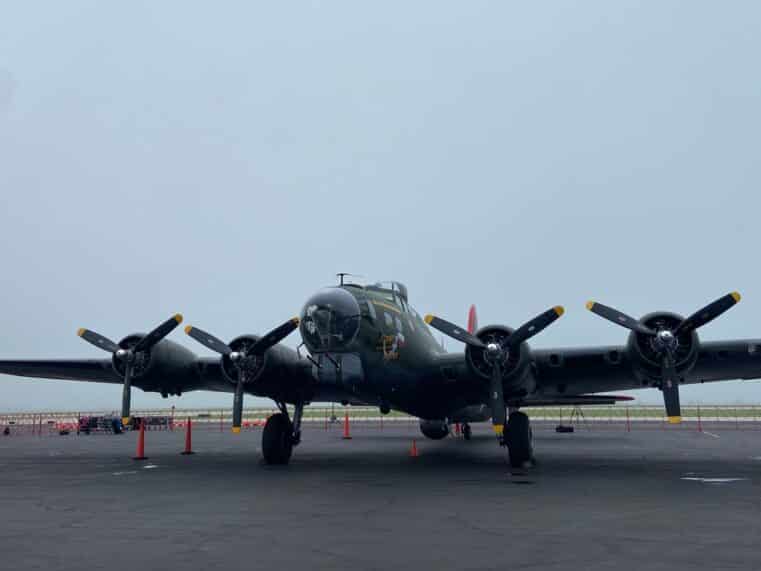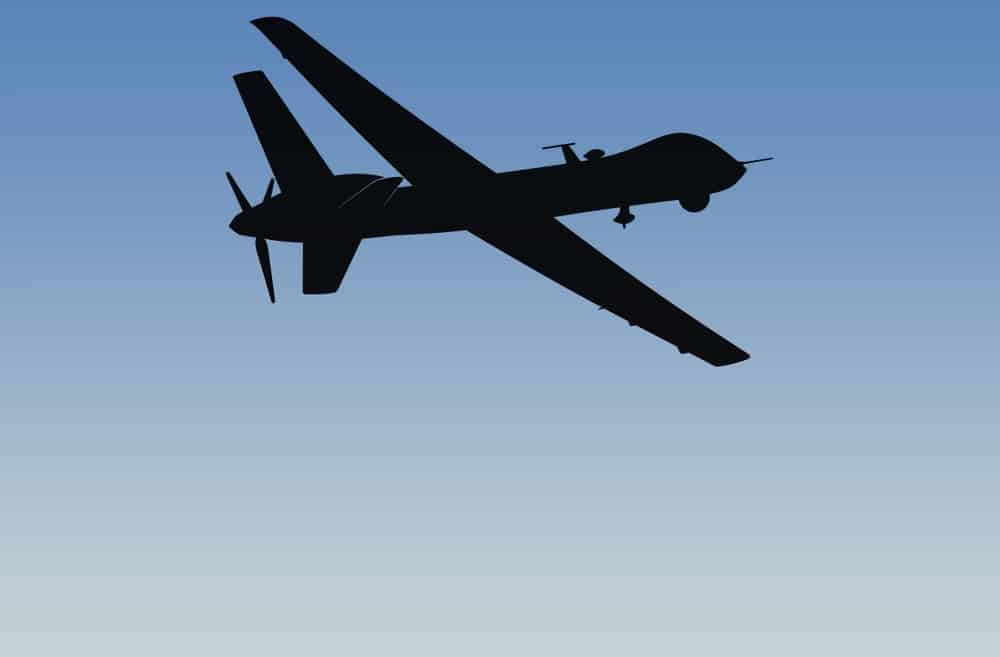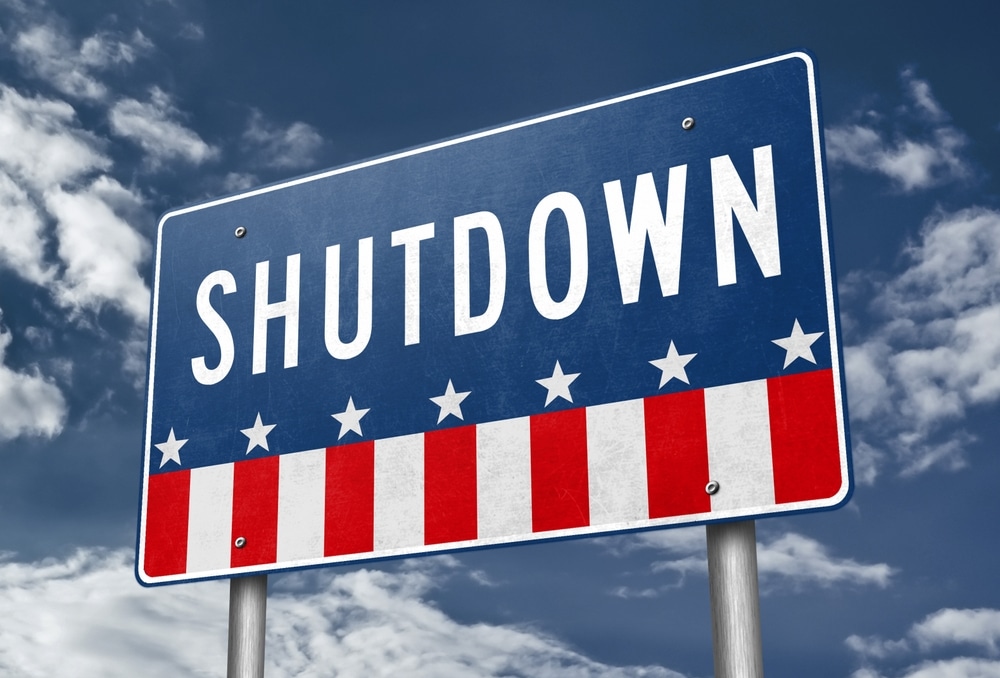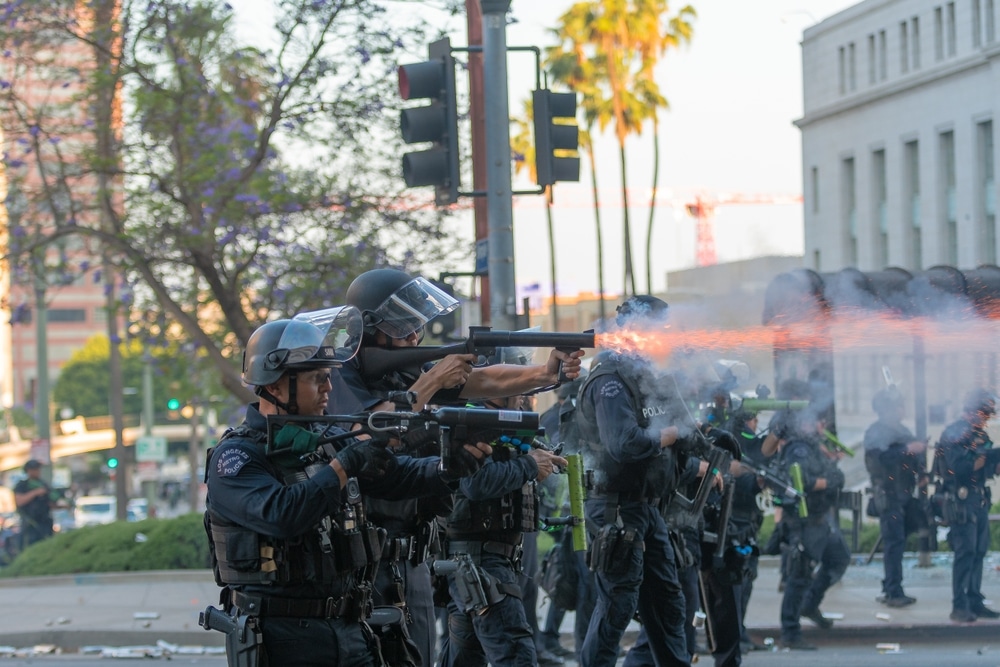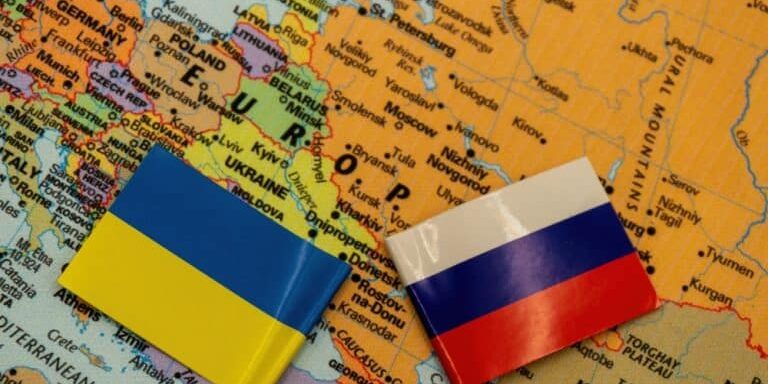
Shadow Diplomacy: Secret US-Russian Talks And The Silent Chess Of Global Politics
EDITOR'S NOTE: In an entangled world of disinformation and secrecy, a clandestine meeting between former senior US officials and influential Russians, including Foreign Minister Sergey Lavrov, allegedly took place in the shadowy corners of international diplomacy. As reported by NBC News, this covert rendezvous aimed to lay a tenuous foundation for peace talks aimed at ending the devastating war in Ukraine. Yet, amidst the whispers of hopeful diplomacy, Moscow retorted with a swift rejection, branding the report as nothing but Western 'fake news'. In the intricate chessboard of international relations, where hidden power plays and secretive discussions continually mold the global narrative, these purportedly surreptitious talks between past US officials and Russian authorities underline the critical importance of backchannels in mediating global crises. As we strive to untangle the truth from the convoluted webs of global politics, it's vital to remain aware of the potential for strategic maneuvers designed to bring about unexpected paradigm shifts, revealing the hitherto unexplored facets of international diplomacy.
Update: Russia‘s Foreign Ministry spokeswoman called the report “disinformation”
A group of former senior US officials has held talks with influential Russians, including Foreign Minister Sergey Lavrov, in an effort to lay the groundwork for negotiations to end the war in Ukraine, NBC News reported on Thursday.
However, later in the day, Russian Foreign Ministry spokeswoman Maria Zakharova called the report “fake” and said it was “disinformation spread by the West.”
The report claimed that the meeting with Lavrov took place when he was in New York for a UN Security Council meeting back in April. It said issues discussed included potential diplomatic off-ramps and the fate of Russian-controlled Ukrainian territory. Throughout the war, there has been no known engagement between the Biden administration and the Russian government on these issues.
The former US officials who NBC claims met with Lavrov were Richard Haas, a former US diplomat and outgoing president of the Council on Foreign Relations, and Charles Kupchan and Charles Graham, who are both fellows for the Council on Foreign Relations.
Sources told NBC that the discussions have taken place with the knowledge of the Biden administration but not at its direction. The former US officials who met with Lavrov briefed the White House National Security Council about the discussion.
Other discussions have involved former US officials and people who work at prominent think tanks and research institutions in Russia who are said to be close to Russian President Vladimir Putin. It’s not clear how often the talks are taking place. In at least one instance, a former US official traveled to Russia as part of the effort.
The Biden administration distanced itself from the reported talks in comments to the press. “The Biden administration did not sanction those discussions,” a State Department spokesperson said. “And as we’ve said repeatedly, nothing about Ukraine without Ukraine.”
National Security Council spokesman John Kirby said the White House was aware of unofficial talks between former US officials and Russians. “But I want to make it clear that these discussions were not encouraged or engendered by us and we were not supporting them in any active way,” Kirby said.
Around the time Haas and Kupchan were said to have met with Lavrov, they co-authored an article in Foreign Affairs titled “The West Needs a New Strategy in Ukraine.” They suggested that Ukraine retaking all of the Donbas and Crimea does not need to be a goal of the US.
“Maintaining Ukraine’s existence as a sovereign and secure democracy is a priority, but achieving that goal does not require the country to recover full control of Crimea and the Donbas in the near term,” they said.
Haas and Kupchan predicted the war in Ukraine would likely turn into a stalemate after Ukraine’s counteroffensive and called for neutral organizations to oversee a ceasefire. “Under this approach, Ukraine’s Western supporters would propose a ceasefire as Ukraine’s coming offensive reaches its limits,” they said. “A neutral organization—either the UN or the Organization for Security and Cooperation in Europe—would send in observers to monitor and enforce the ceasefire and pullback.”
At this point, there’s no indication the Biden administration will push for a ceasefire anytime soon. In early June, Secretary of State Antony Blinken, who has only spoken with Lavrov twice since Russia’s invasion, explicitly came out against a pause in fighting and disparaged other countries that are calling for peace. For their part, the Ukrainians insist a ceasefire and peace talks can’t happen until Russia is expelled from all the territory it controls, including Crimea.
Originally published by: Dave DeCamp on AntiWar.com



